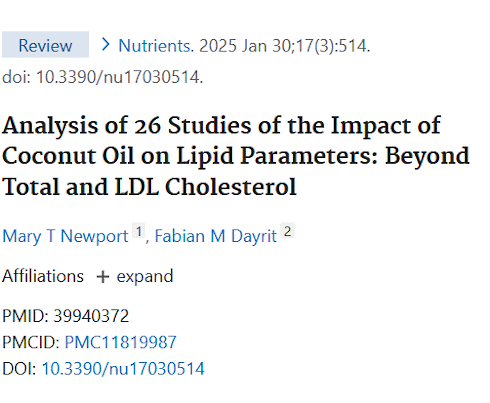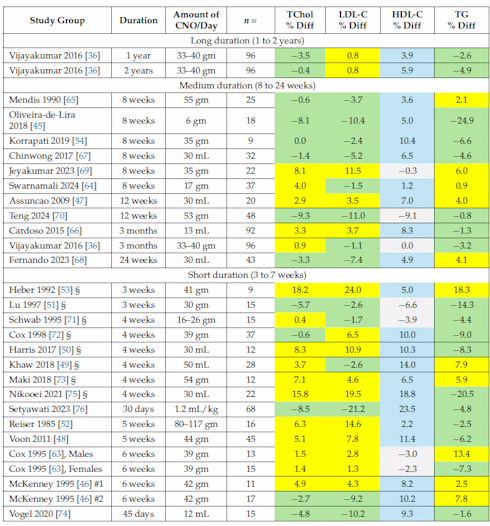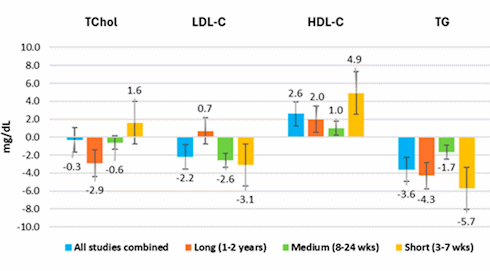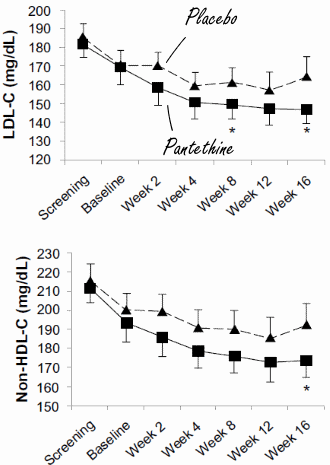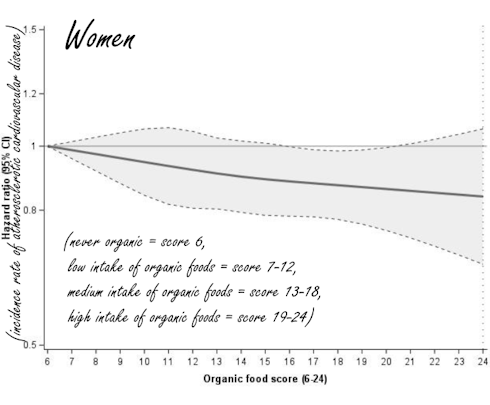|
Definition: "An ergogenic aid is any substance or phenomenon that enhances performance "
|
|
||||||||
12.03.2025 |
|
|
No, coconut oil does not clog your blood vessels
If you use coconut oil in your kitchen while cooking, you're risking your life, according to nutritionists and cardiologists. The saturated fatty acids in coconut oil - or rather, 'coconut fat' - clog your arteries, they proclaimed. According to a recent large meta-study, which only includes trials, this is not true.
Study
Newport never went on the attack head-on. She did not say that the cardiologists were completely wrong. She did point out that coconut oil does consist mainly of saturated fatty acids - regular cardiologists still often point to these as the main culprits - but that the saturated fatty acids in coconut oil differ from the saturated fatty acids in, for example, palm oil.
Coconut oil consists of 42 percent lauric acid, a fatty acid that behaves differently in the body than many other saturated fatty acids. You can see the structural formula of lauric acid below.
Results
The table below shows more information about the trials used. Click on it for a larger version.
The HDL level increased by 2 milligrams per deciliter. That amounted to 4-6 percent.
The concentration of triglycerides in the blood decreased by 3-6 percent.
Click on the figure below for a larger version.
Conclusion
Newport funded her research from her own resources. The costs of publishing her research in Nutrients were covered by the International Coconut Community.
Source: More: Archives:
|
|
|||||||||||||||||

